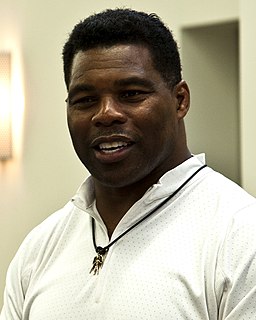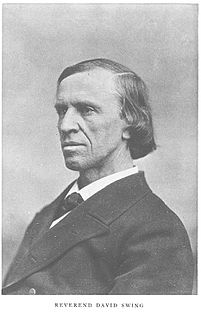A Quote by Mason Cooley
In ethics, prudence is not an important virtue, but in the world it is almost everything.
Quote Topics
Related Quotes
[Prudence] is the virtue of that part of the intellect [the calculative] to which it belongs; and . . . our choice of actions will not be right without Prudence any more than without Moral Virtue, since, while Moral Virtue enables us to achieve the end, Prudence makes us adopt the right means to the end.
If a man of good natural disposition acquires Intelligence [as a whole], then he excels in conduct, and the disposition which previously only resembled Virtue, will now be Virtue in the true sense. Hence just as with the faculty of forming opinions [the calculative faculty] there are two qualities, Cleverness and Prudence, so also in the moral part of the soul there are two qualities, natural virtue and true Virtue; and true Virtue cannot exist without Prudence.
[the virtues] cannot exist without Prudence. A proof of this is that everyone, even at the present day, in defining Virtue, after saying what disposition it is [i.e. moral virtue] and specifying the things with which it is concerned, adds that it is a disposition determined by the right principle; and the right principle is the principle determined by Prudence.
The step between prudence and paranoia is short and steep. Prudence wears a seat belt. Paranoia avoids cars. Prudence washes with soap. Paranoia avoids human contact. Prudence saves for old age. Paranoia hoards even trash. Prudence prepares and plans, paranoia panics. Prudence calculates the risk and takes the plunge. Paranoia never enters the water.
All pantheism must ultimately be shipwrecked on the inescapable demands of ethics, and then on the evil and suffering of the world. If the world is a theophany , then everything done by man, and even by animal, is equally divine and excellent; nothing can be more censurable and nothing more praiseworthy than anything else; hence there is no ethics.
If what was said in the Ethics is true, that the happy life is the life according to virtue lived without impediment, and that virtue is a mean, then the life which is in a mean, and in a mean attainable by every one, must be the best. And the same principles of virtue and vice are characteristic of cities and of constitutions; for the constitution is in a figure the life of the city.
The modern Gamaliel should teach ethics. Ethics is the science of human duty. Arithmetic tells man how to count his money; ethics how he should acquire it, whether by honesty or fraud. Geography is a map of the world; ethics is a beautiful map of duty. This ethics is not Christianity, it is not even religion; but it is the sister of religion, because the path of duty is in full harmony, as to quality and direction, with the path of God.

































